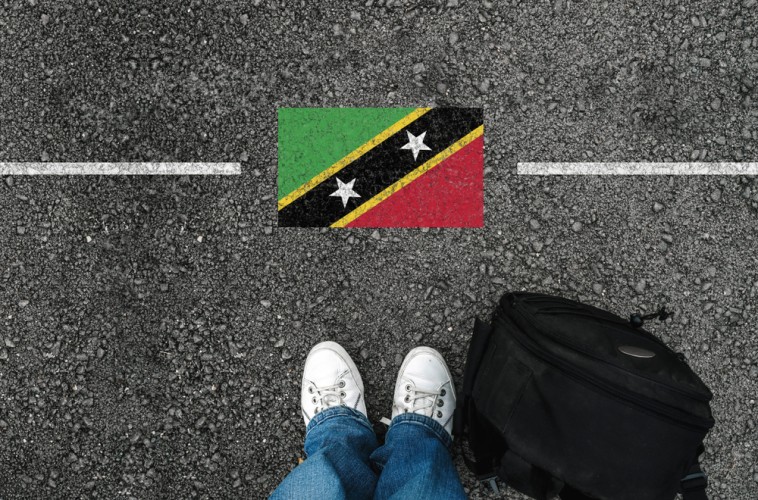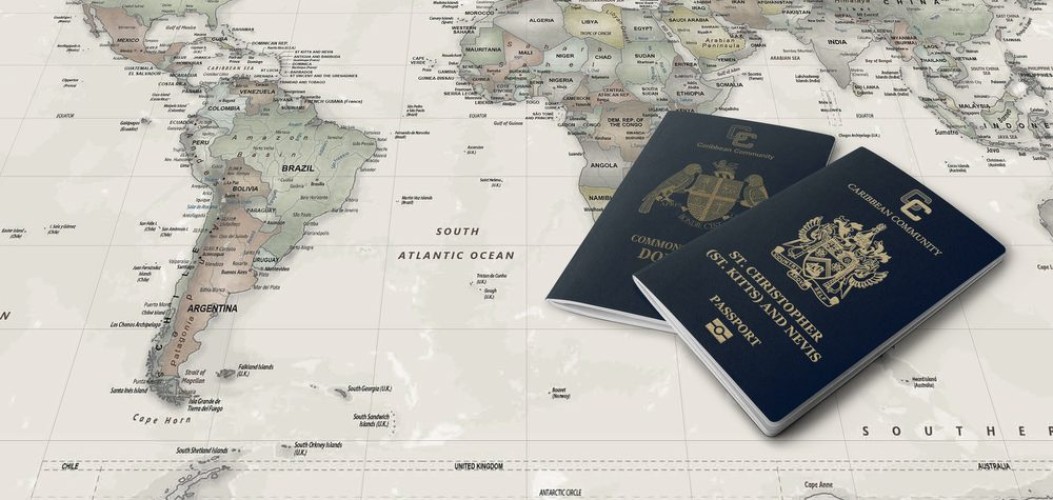St. Kitts and Nevis, the smallest sovereign nation in the Western Hemisphere, is often associated with turquoise waters, luxurious resorts, and the charm of a slow-paced Caribbean lifestyle. But beyond the postcard-perfect image, many potential visitors, investors, and prospective residents naturally ask the question: Is St. Kitts and Nevis safe?
The short answer: Yes, generally — but with reasonable precautions. The islands are considered one of the more stable Caribbean destinations, both politically and socially, but like anywhere in the world, crime does exist, and situational awareness is essential. This article examines official travel advisories, crime statistics, and practical safety considerations for tourists, expats, and long-term residents.
Travel Advisory Rating
While advisory levels can change due to seasonal factors or isolated incidents, St. Kitts and Nevis consistently ranks favorably compared to many Caribbean destinations. Below is a comparison of recent travel advisory ratings from several major governments:
| Country | Advisory Level | Meaning | Last Update |
|---|---|---|---|
| US (Dept. of State) | Level 1–2 | Level 1: Exercise normal precautions; Level 2: Exercise increased caution | 2025 |
| United Kingdom (FCDO) | “Most visits are trouble-free” | No formal risk level; advises caution at night | 2025 |
| Canada (Travel.gc.ca) | “Take normal safety precautions” | Standard advice for safe destinations | 2025 |
| Australia (Smartraveller) | Exercise normal safety precautions | Similar to Canada’s rating | 2025 |
Travelers and residents should feel reasonably secure but should still follow common-sense safety practices.
The first step in assessing safety is to look at official travel advisories from reputable government sources.
- United States Department of State: Currently, St. Kitts and Nevis is typically rated at Level 1 or Level 2 (“Exercise normal precautions” or “Exercise increased caution”). Level 1 indicates minimal risk, while Level 2 suggests heightened awareness in certain areas.
- UK Foreign, Commonwealth & Development Office (FCDO): Advises that most visits are trouble-free but notes isolated incidents of crime, primarily opportunistic theft.
- Government of Canada: Advises travelers to take normal safety precautions, especially at night or in secluded areas.
It’s worth noting that these ratings are far more favorable compared to some other Caribbean destinations where advisories warn of higher violent crime rates. The generally positive ratings reflect St. Kitts and Nevis’s relative political stability, lower population density, and proactive policing.
Crime Levels
Crime in St. Kitts and Nevis exists but is not rampant. Like most Caribbean nations, incidents tend to be concentrated in certain neighborhoods and usually involve local disputes rather than targeting foreigners. Key points from recent crime statistics:
- Violent crime: Present but relatively rare for tourists. Most violent incidents are linked to gang-related activity, which occurs away from main tourist zones.
- Property crime: Petty theft and burglary are the most common offenses affecting visitors, especially involving unattended belongings or unlocked accommodation.
- Police presence: Visible in main commercial and tourist areas, particularly around Basseterre and Port Zante cruise terminal.
| Crime Category | Risk Level | Notes |
|---|---|---|
| Petty theft & pickpocketing | Moderate | Primarily in busy markets, beaches, or during festivals |
| Violent crime | Low to moderate | Mostly outside tourist zones; rare targeting of foreigners |
| Scams | Low | Occasionally involve overcharging or unlicensed tour operators |
| Organized crime | Localized | Linked to gang disputes, not affecting tourist areas |
Statistically, the islands are safer than many regional peers. With reasonable vigilance, especially regarding valuables, crime risks for visitors and residents remain manageable.
Tourist Safety
Tourism is a major economic driver for St. Kitts and Nevis, and the government actively invests in keeping visitors safe. Resorts, marinas, and popular attractions typically have private security and close coordination with local police. Practical safety tips for tourists:
- Avoid leaving belongings unattended on the beach.
- Use hotel safes for passports, jewelry, and excess cash.
- Stick to licensed taxis and registered tour operators.
- Be cautious if exploring non-tourist areas after dark.
- Keep copies of important documents stored securely.
Popular tourist areas such as Frigate Bay, South Friars Bay, and the Nevis Botanical Gardens are known for being well-maintained and safe. Cruise passengers docking in Basseterre typically enjoy safe, organized excursions without incident. With basic precautions, St. Kitts and Nevis is a safe and rewarding destination offering both relaxation and adventure.
Safety for Expats and Residents
For expatriates, retirees, and long-term residents — including those who acquire citizenship via the Citizenship by Investment (CBI) program — safety considerations go beyond short-term tourist concerns.
- Community Safety: Expat communities in areas such as Frigate Bay, Turtle Beach, and parts of Nevis report a high quality of life with low daily crime exposure. Many gated communities have private security, and neighbor networks are strong.
- Healthcare Access: St. Kitts and Nevis provides adequate healthcare for most needs, with main hospitals in Basseterre (JNF General Hospital) and Charlestown. For specialized treatments, residents often travel to the US, Puerto Rico, or other nearby islands.
- Natural Hazards: The islands are in a hurricane-prone zone. Hurricane season (June–November) requires preparedness plans, but modern construction standards and alert systems reduce risks.
- Social Integration: The country’s small population and friendly culture mean expats often integrate easily, especially if they participate in community events, volunteer projects, or local business initiatives.
For those considering relocation, the islands offer a secure environment with good infrastructure for high-net-worth individuals, especially when choosing reputable neighborhoods. For most visitors, investors, and residents, the answer is a confident yes, provided standard precautions are observed. The country benefits from political stability, a welcoming culture, and an economy partly built on tourism and international investment — all of which create a strong incentive to maintain a safe environment.
For affluent travelers, yacht owners, and CBI applicants, safety standards are generally in line with expectations for a premium Caribbean destination. Whether your interest is a week-long beach escape or a long-term residency plan, St. Kitts and Nevis offers a balanced mix of serenity, opportunity, and security — making it not just a beautiful choice, but also a smart one.
FAQ
Yes, in general. The islands report lower violent crime rates than some larger Caribbean nations, and incidents rarely target tourists.
Certain parts of Basseterre and rural areas at night should be avoided unless with a local guide or in an organized group.
In well-lit, populated areas like Frigate Bay or resort zones, yes — but isolated streets should be avoided after dark.
Tap water is generally safe in most areas, but bottled water is recommended for visitors with sensitive stomachs.
Hurricanes are the main natural risk. The islands have an efficient warning system, and modern buildings follow hurricane-resistant codes.





